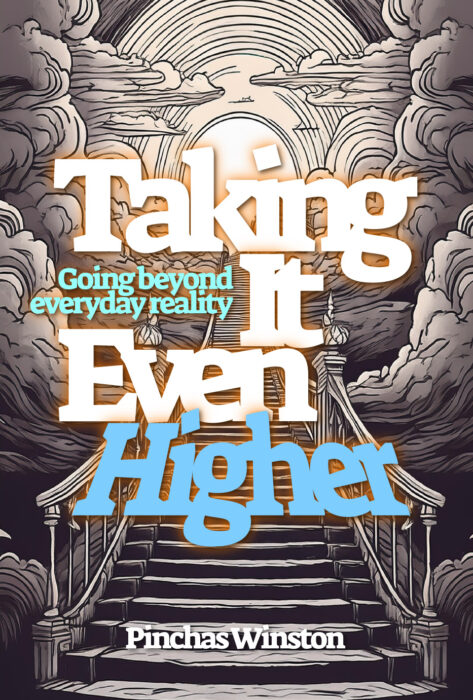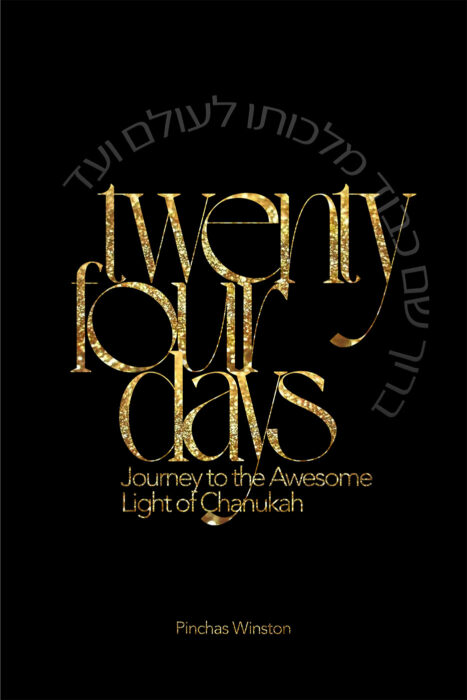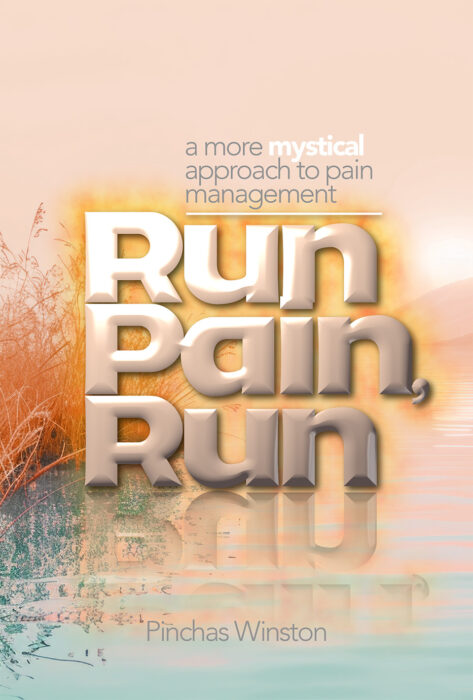Parashas Vayikra, Issue #2091 - By Rabbi Pinchas Winston
ONCE BACK IN the 1980s while driving a car I came across a talk show on the radio. Normally I would have just turned off the radio, but the topic gave me reason to pause, and the person calling in gave me reason to worry about the future of mankind. Those worries have since materialized.
The show debated whether animals should be used for scientific experiments. One man who sounded middle-aged said that he felt animals should not be used for such purposes, so after some give-and-take, the talk show host decided to push the envelope a bit and asked, somewhat emphatically, “So you’re telling me sir that if your son was dying and a potential cure depended upon animal testing, you’re rather let your son die?”
All of a sudden, there was silence. Unsuspectingly, the caller had found himself between a rock and a hard place and wasn’t sure how to get out in one piece. You could feel his uncertainty over the airwaves, and I like so many others listening in waited with anticipation for his answer. Would he stick to his liberal guns and “give up” his son, or would he capitulate to the question and contradict himself?
It could have been the anonymity or that he knew the question was only theoretical, but he did not change his mind. Instead, he answered that he would not allow an animal to be used to save a dying son, and you could almost hear a collective gasp, especially from the talk show host.
I don’t know whether he did it for effect, or because he was really upset, but the host did not waste any time making the man pay for his answer. “WHAT! ARE YOU KIDDING ME? ARE YOU SAYING THAT YOU WOULD RATHER AN ANIMAL LIVE AND YOUR OWN SON DIE?”
I don’t know if the caller sank deeper into his chair at that moment, but I felt myself doing it for him. I also don’t recall what happened after that, other than driving and thinking if the man really meant what he answered, or was just too embarrassed to change his opinion when it came to his own family. But I do know that many others share his opinion, probably more so today than ever before.
The matter is not much different when it comes to animal sacrifices. If the Temple service were to return today, you can be sure that animal activists would be circling the Temple, protesting animal sacrifices, and trying to shut down the service. Fortunately, when the Temple does finally return it will during the Messianic Era when all people will be on the same page as God.
In the meantime, there is debate, even on the level of the Rambam and the Ramban. The Rambam famously held that God only commanded animal sacrifices to wean us off of the heathen practices of that time. The Ramban strongly disagrees, arguing that the Torah’s use of God’s holiest Name when commanding them reveals just how holy they are.
There is no such debate on the level of Kabbalah. Kabbalah not only holds like the Ramban, but it even explains the impact animal sacrifices have on Tikun Olam—World Rectification. God obviously values His creations, especially the living ones and we even have laws about not unduly causing them pain. But when Adam HaRishon ate from the Aitz HaDa’as Tov v’Ra he damaged the world, and that has necessitated certain rectifications to fix it, often painful ones.
Like war, for example. How many human lives have been sacrificed on the battlefield over the millennia to protect good from evil? We obviously go into battle with at least the belief that we will return alive. But we know that there is a very strong chance that many will not, like in the Battle of Normandy in 1944, and yet we go out into battle anyhow.
Animal sacrifices also became necessary as part of the tikun process after the sin of Adam. His sin affected four levels: the mineral world, the vegetation world, the animal world, and the human world, and an animal sacrifice according to the Torah rectified all four. The salt used corresponded to the mineral world, the wood that was burned, the vegetation world, the animal that was offered up obviously rectified the level of the animals, and the human bringing the sacrifice fixed the level of man.
This may be why the Torah mentions on the word “vayikra” the Aleph is smaller to distinguish between the prophecy of Moshe Rabbeinu and Bilaam. The point could have been made elsewhere, like in Parashas Bilaam where it might have been more appropriate.
Making the point because of a word that implies God’s endearment of Moshe may be to tell us that sacrifices, like the opinion of the Ramban, are dear to God. You tell important things to the ones you cherish, and what follows after God’s endearing call to Moshe is the sacrifices.
Personally, I’m an animal lover. All animals fascinate me. I even talk to them but, don’t worry, I don’t hear them talk back to me, at least not in any language I can understand (although, I do get the drift when a cat arches its back and hisses menacingly at me). I have difficulty stepping on ants.
But I love God more, and my relationship with Him is the top priority. I’d rather no one have to pay for any of my mistakes, not even animals. But I make them, and the only One Who can tell how to fix them is God. And if that includes an animal sacrifice…
Good Shabbos
Pinchas Winston
www.thirytsix.org / www.shaarnunproductions.org / @ShaarnunProductionsInc (YouTube).
Haggadah Shel Pesach, “The Wise Son Says,” is available in Paperback and Hardcover through Amazon and, PDF version, through Thirtysix.org.
Thirtysix.org
Rabbi Pinchas Winston
Shabbat Shalom



















